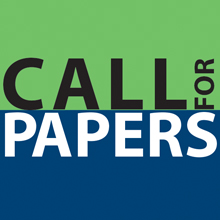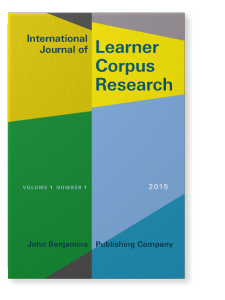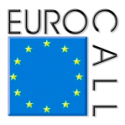Special issue editors: Nina Vyatkina and Alex Boulton
Corpora in their many guises have been applied for the purposes of language learning and language teaching since they emerged in their modern form in the 1960s. Whereas originally, more pedagogical applications were of indirect nature with corpus-based studies informing the contents of textbooks and reference grammars, recent years have seen an exponential growth of more direct applications, also known as Data-Driven Learning (DDL). These developments have been documented in a variety of publications, most notably in the series of edited volumes containing selected papers from the biannual Teaching and Language Corpora (TaLC) conferences as well as special issues of several major journals. Since the only LLT special issue on this topic was published in 2001, the time has now come to take stock of the new developments in how corpora can be of help to language teachers, learners, and other users.
For this special issue, we seek proposals that present theoretically grounded and methodologically rigorous empirical studies of language learning processes or outcomes in DDL contexts using corpora, broadly defined to include native speaker corpora, second language learner corpora, pedagogical corpora, multimodal corpora, the web-as-corpus, etc. These contexts may include direct explorations of corpora by learners, indirect applications with teacher-prepared corpus-based activities, and any combinations thereof. We especially welcome proposals that aim to fill existing research gaps by reporting on the use of new DDL technologies (e.g., corpus tools beyond concordancers, corpora in CALL packages), the effectiveness of different DDL types, specific DDL effects beneficial for language learning (e.g., input enrichment and enhancement, learner autonomy, guided induction), integration of DDL instruction modules into regular curricula, as well as languages other than English, instructional contexts other than university, teachers other than DDL researchers, and comparisons of different learning styles, motivations, levels, or profiles.
Methodologically, we would like to invite more longitudinal and/or mixed-method studies which integrate quantitative and qualitative data. Please note that articles containing only descriptions of corpora, software, or pedagogical procedures without presenting in-depth empirical data will not be considered. Furthermore, we cannot accept studies that analyze or compare linguistic data from learner and native speaker corpora but that do not consider teaching and learning processes and outcomes as the major focus of the paper.
Please consult the LLT website for general guidelines on submission
Send a title and 300-word abstract in a word document by February 1, 2016 to
llt@hawaii.eduPublication timeline:
February 1, 2016: Submission deadline for abstracts
February 15, 2016: Invitation to authors to submit a manuscript
July 15, 2016: Submission deadline for manuscripts
October 1, 2017: Publication of special issue



